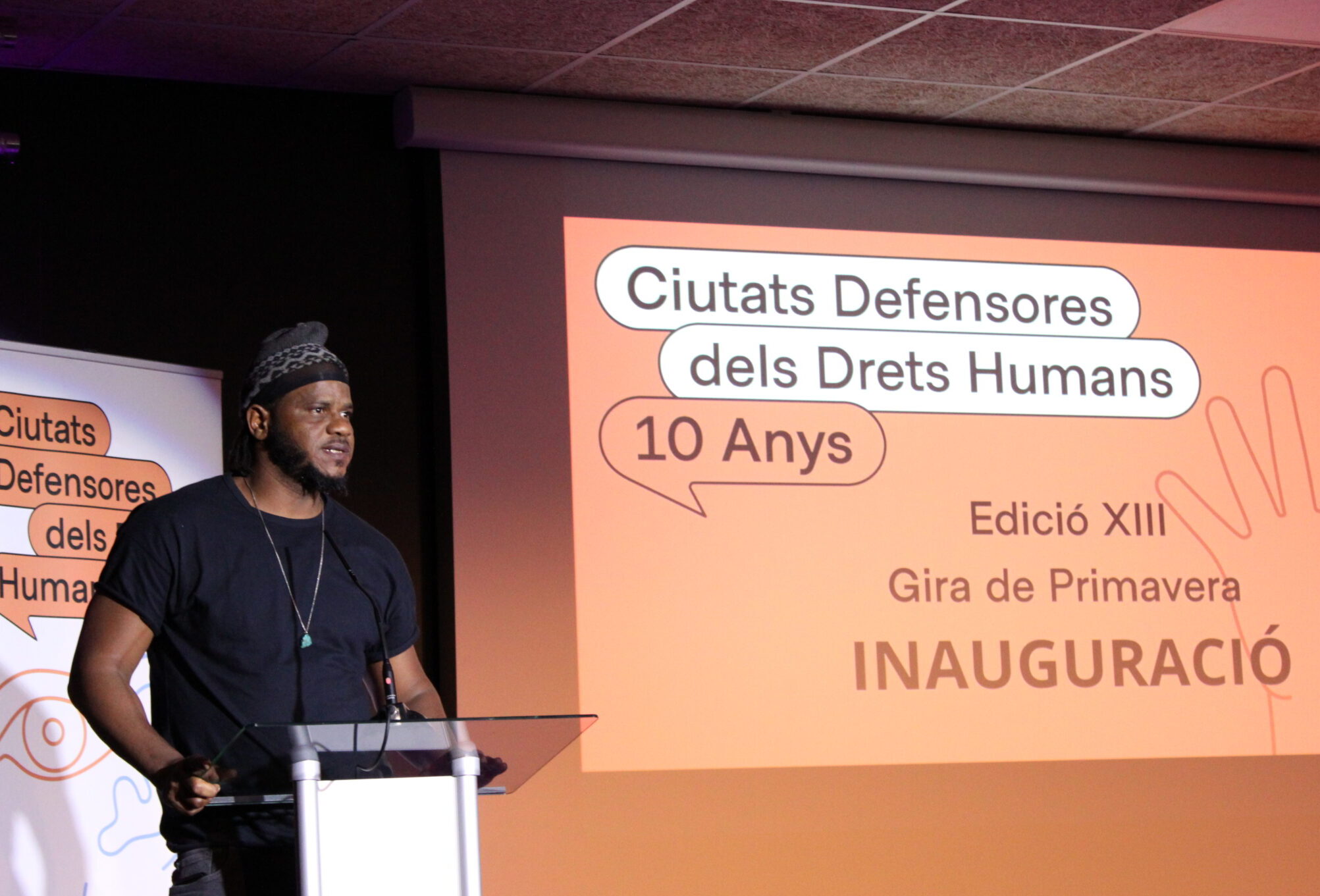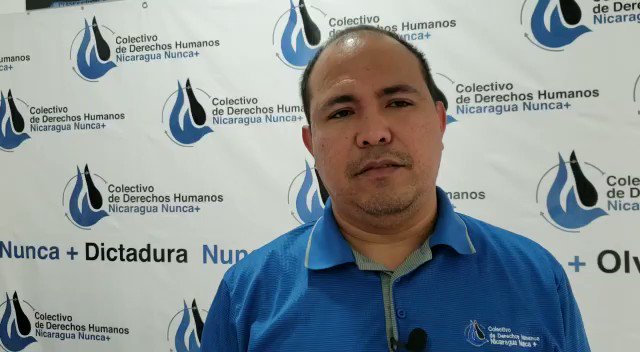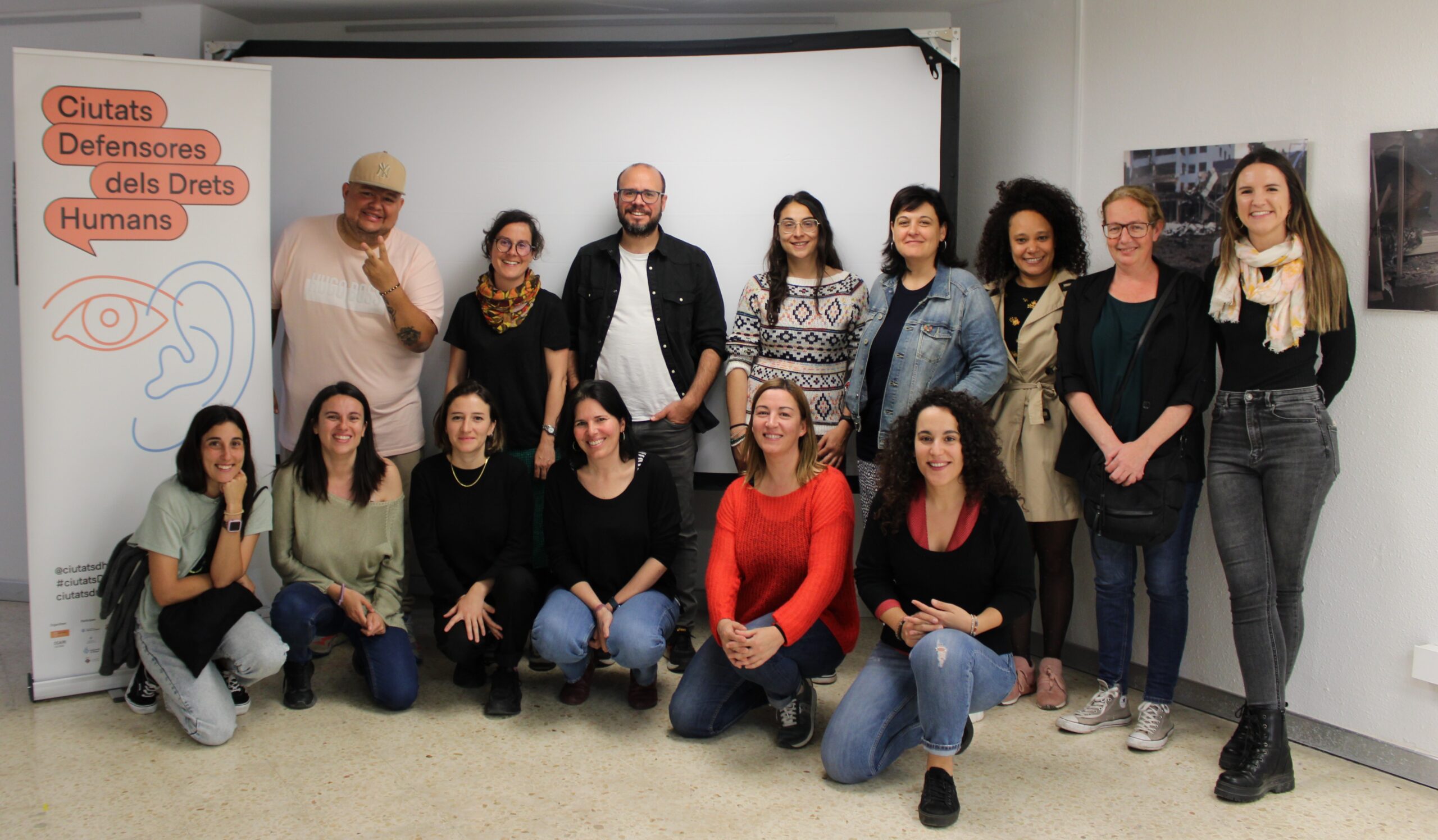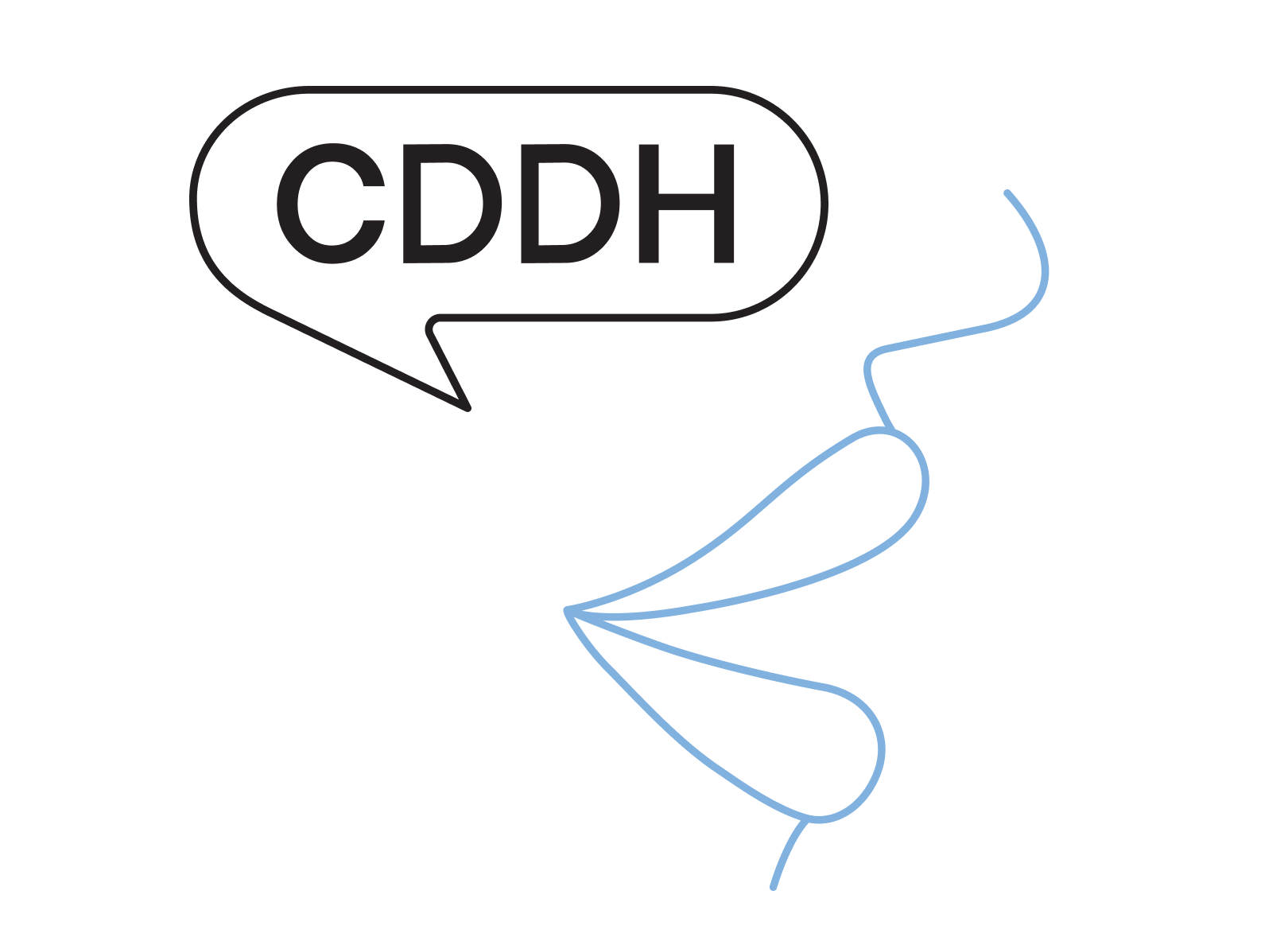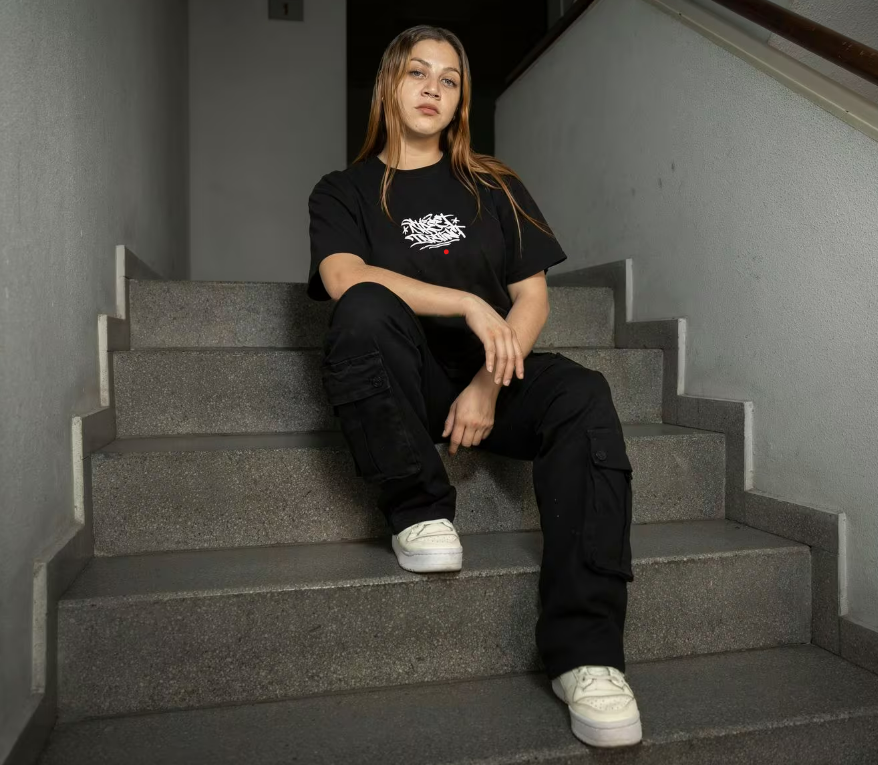Human rights defenders are people who work to promote or protect human rights, acting mainly at local or regional levels, either individually or collectively. Their aim is the effective elimination of all human rights violations and the development of fundamental freedoms with respect to both peoples and individuals, with these concepts being based on the principles of equality, non-discrimination and human dignity.
In many regions and countries of the world, the defence of human rights is seen as a threat to the economic or political interests of states, which, far from trying to guarantee and respect the work of human rights defenders, try to silence them through the application of diverse strategies. Violence and attacks, as well as killings, continue to rise – according to the Front Line Defenders organisation, in 2020, 331 human rights defenders were killed around the world.
As such, human rights defenders have ever-fewer guarantees when it comes to carrying out their work, which is also hampered by other forms of violence.
The forms of violence used against human rights defenders in order to silence their work are diverse, one of the most common being criminalization and judicialization. These are strategies that are based on the manipulation of the justice system and the processes of criminal law in order to prevent the struggles of certain people, while legitimate activities carried out by defenders are treated as crimes, delinquency and illegal acts.
On 9 December 1998, the United Nations General Assembly adopted the “Declaration on the Right and Duty of Individuals, Groups and Institutions to Promote and Protect Universally Recognized Human Rights and Fundamental Freedoms” (also known as such as the Declaration on Human Rights Defenders). In its first article, the declaration states that “Everyone has the right, individually and in association with others, to promote and to strive for the protection and realization of human rights and fundamental freedoms at national and international levels.”
However, although states possess the power to ensure the defence of their own citizens’ human rights, it is often the states themselves that try to prevent the exercise of these rights through criminalization.
Criminalization may be defined as the use of political and judicial strategies, as well as actions that are undertaken with the intention of treating the work of human rights defenders who demonstrate and peacefully demand their rights as being illegitimate and illegal. Criminalization uses violence against individuals and organizations, and includes everything from the violent intervention of the security forces in protests, to the trial and imprisonment of the leaders of social organisations for acts that are undeservedly brought to trial. In addition to increasing the individual risks faced by defenders, these actions weaken and erode collective community processes and the areas in which democratic participatory processes take shape. In this manner, oppressive state strategies attempt to ensure that the motivations behind the defenders’ protests remain hidden from the rest of the society and are not publicly broadcast on an international level.
According to the Inter-American Commission on Human Rights (IACHR), human rights defenders are people who exercise the public control required over public officials and democratic institutions. This makes them a very important piece in the construction of democracy, such that impeding their work is also tantamount to impeding democracy to society as a whole.
The Defence of the Environment
In recent years, one of the main reasons for the criminalization of human rights defenders has been the defence of the land and the environment. The current models applied for the exploitation of natural resources have caused irreparable environmental damage, such as the pollution of rivers and seas, increased greenhouse gases and deforestation. These policies have also led to thousands of communities living in those regions where raw materials are extracted being expelled from their lands, especially in Latin America.
The IACHR has acknowledged that the indigenous, peasant and Afro-descendant populations are those that suffer both the greatest impact and the worst consequences when it comes to defending their rights. The organisation itself has openly reported an increase in the numbers of human rights defenders who have been murdered in Latin America. This fact makes the region the most dangerous in the world in terms of upholding human rights. Within these communities, groups have emerged whose struggle is based on the right to live dignified lives, as well as in defence of the environment. These groups have been exposed to situations of vulnerability due to action implemented by both their own governments and by large transnational bodies that have sought to silence their struggles.
According to the human rights organization Front Line Defenders, of the 331 human rights defenders killed in 2020, 69% were defending land, the rights of indigenous peoples and the environment.
The criminalization of people who defend their lands normally takes place in a context in which states enter into agreements with large multinational bodies, which means that the defenders are placed in a situation unequal power distribution. This is why it is important to ensure the legal defence of people exposed to criminalization and judicialization, and to improve justice systems. Companies often manipulate the legal system so as to go unpunished, even in the face of the crimes, and the environmental damage they commit and they often do so with the approval the state. The truth is that the violations of environmental rights and governmental corruption have historically gone hand in hand..
The case of the Guapinol Water Defenders in Honduras, who have been in pre-trial detention for over two years, is just one of many that have occurred. Porfirio Sorto Cedillo, José Avelino Cedillo, Orbin Naún Hernández, Kelvin Alejandro Romero, Arnold Javier Alemán, Ever Alexander Cedillo, Daniel Márquez and Jeremías Martínez Díaz are all environmental activists, and members of the Municipal Committee for the Defence of Common and Public Assets of Tocoa (CMDBCP), in Honduras. They have been acting in opposition to the opening of an iron oxide mine in the Montaña de Botaderos Carlos Escaleras National Park for several years. The eight activists have already spent two years in pre-trial detention, and are still awaiting trial, they have been charged with aggravated arson and this situation unjustly deprives them of their freedom.
The mining project opposed by the CMDBCP is backed by the company Inversiones Los Pinares, which was formerly known as EMCO Mining. The project is located in an area that came under official protection in 2011, however part of the protected region was re-categorised the following year in order to accommodate EMCO’s mining exploration plans. It is now feared that the construction and the opening of the mine could seriously affect the both environment and rivers in the area, especially, the San Pedro and Guapinol rivers.
SIGN NOW!
Women’s Rights in Iran
Defending women’s rights is also a motive behind criminalization in several countries, one such nation is Iran. According to a report published by the International Federation for Human Rights (FIDH), “the Islamic Republic of Iran is a hostile regime for human rights defenders” and “any form of dissent on their part is systematically criminalized and subject to severe retaliations by the authorities.“.
Many human rights defenders have been attacked in the country due to their support for protests against the mandatory use of the hijab, and lawyers are criminalized for their involvement in human rights cases and for representing human rights defenders. In fact, many have criticized the judiciary for the way in which it treats their clients, and have therefore been prosecuted.
A typical case is that of Nasrin Sotoudeh, an Iranian lawyer sentenced to 38 years in prison and 148 lashes, for defending women’s rights, which has been subject to worldwide coverage. The persecution of Sotoudeh and her family is part of a systematic pattern of repression against the freedom of expression, assembly and association. Amnesty International, has denounced the use of lethal force to curtail the protests among other human rights violations – along with hundreds of murders and thousands of arbitrary detentions – as well as the harsh repression of the movement to end the enforced wearing of the hijab
SIGN NOW!
The Uyghur Minority in China
The Chinese government is pursuing a strategy of criminalizing those who belong to ethnic minorities and who have publicly denounced the human rights violations they are being subjected to. The most prominent among these groups are the Uyghurs, the Tibetans and the Mongols. In a 2018 report, the UN denounced practices of ill-treatment and discrimination against these minorities.
The Uyghur community has been hardest hit by the Chinese government’s policies of control and torture: between el 19 i el 19 and 25 June 2017 the Chinese government termed 24,412 Uyghur people as being “suspected” of extremism, of these, 706 were subsequently imprisoned and 15,683 were forcibly sent to ideological education centres.
One of the most notorious criminal cases is that of Ilham Tohti, an Uyghur economist and intellectual from Artux in the Xinjiang Uyghur Autonomous Region. Tohti began living in Beijing at the age of 16, and he worked hard to promote the rights of the Uyghur minority and to seek an open a space for dialogue with the Han community, who comprise the majority population in the People’s Republic of China. In 2014 and after many years, during which the repression against him intensified (including arrests and house arrest) he was sentenced to life imprisonment on charges of separatism, a political belief with which he had never identified with.
Tohti’s activism has received widespread international recognition, with the Martin Ennals (2016), the Václav Havel (2019) and the Sàkharov (2019) awards, all of which are outstanding in their own right. The attempt to silence him, as noted by the European Parliamentary Research Service,
responds to a clampdown in Chinese policy that has aimed to deal with religious extremism, ethnic separatism and terrorism. This is a strategy that has led to the identification of the Uyghur identity as a threat to national security in itself.
As a result, a sophisticated and intrusive police surveillance and repression system has been installed in the Xinjiang region. It has been estimated that around one million people of Uyghur ethnicity (and from other minority groups) are currently being detained in mass internment and indoctrination camps, which are purposefully misnamed as “vocational training” centres. In the words of Ilham Tohti’s daughter, Jewher Ilham, “being Uyghur today means not being able to contact at least one person in your family.”
SIGN NOW!
Freedom of Expression in Bahrain
During the Arab Spring, many countries in the Middle East, such as Bahrain, adopted policies of harsh repression against the public protests that many of their citizens were involved in. In this country’s absolute monarchy, the price of freedom of speech is often that of a lengthy prison sentence. Abdulhadi Al-Khawaja is an experienced human rights activist in the country. Among other activities, he took part in setting up the Bahrain Centre for Human Rights (BCHR) and the Gulf Human Rights Center (GCHR). After spending two decades abroad (from 1991, with recognized asylum in Denmark), he returned to Bahrain when it appeared that a period of reform was about to blossom when Hamad bin Issa Al Khalifa came to power. However, as years passed, the lack of political motivation with respect to moving towards a more democratic society became increasingly-clearer.
In 2011, Al-Khawaja participated in protests that marked the arrival of the Arab Spring in Bahrain. He was arrested shortly afterwards and sentenced to life imprisonment by a military tribunal. He has suffered serious torture and ill-treatment during his incarceration. He has carried out several hunger strikes to protest about both his own situation and the abusive conditions in Jaw prison. The attempt to silence Abdulhadi Al-Khawaja reflects a systematic pattern of repression against any expression of dissent or protest. As the organisation Human Rights Watch reported, the authorities in Bahrain have banned the operation of any independent media channels in the country, they have disbanded all opposition groups and they continue to detain and convict activists and journalists. The recent death of Prime Minister Khalifa bin Salman Al Khalifa, who ruled the country with an iron fist over the past five decades, does not however raise many hopes for change..
SIGN NOW!
